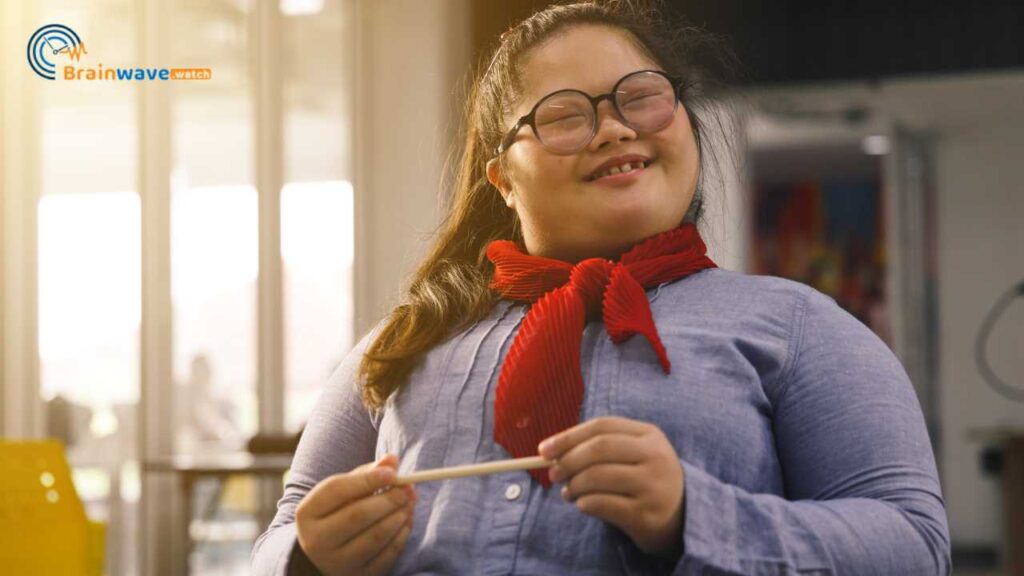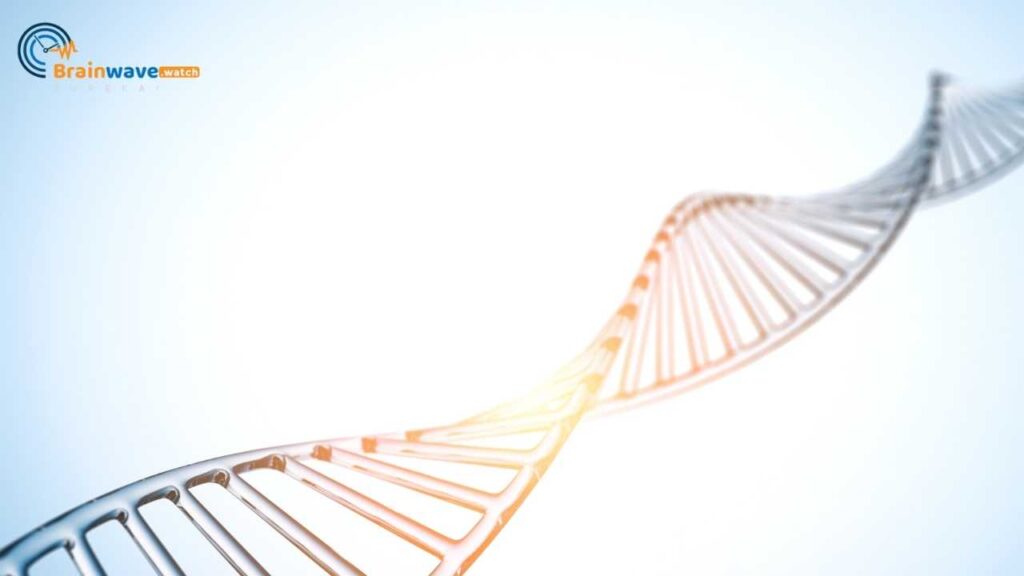Living with Down syndrome can be challenging for both the individual and their family. However, with the right support and care, people with Down syndrome can lead happy and fulfilling lives. This page provides information on the challenges of living with Down syndrome and how to overcome them.
Article Outline
- Down syndrome is a chromosomal disorder that is caused by the presence of an extra chromosome 21.
- Down syndrome is the most common chromosomal disorder, affecting approximately 1 in 700 babies born worldwide.
- In the United States, it is estimated that around 6,000 babies are born with Down syndrome each year.
- There are three main types of Down syndrome: trisomy 21 (the most common), mosaic Down syndrome, and translocation Down syndrome.
- Trisomy 21 occurs when all or part of an extra chromosome 21 is present in every cell of the body. This type accounts for 95% of all cases of Down syndrome.
- Mosaic Down syndrome occurs when some cells have the extra chromosome 21 and other cells do not. Translocation Down syndrome occurs when part of chromosome 21 becomes attached to another chromosome, usually chromosome 14.
What is Down Syndrome?
Down syndrome is a chromosomal condition that occurs when an individual has an extra copy of chromosome 21. This additional genetic material alters the course of development and causes the characteristics associated with Down syndrome.
People with Down syndrome have unique physical features and may have cognitive delays and health issues. There are three types of Down syndrome:
- Trisomy 21 (nondisjunction)
- Mosaicism
- Translocation
Nondisjunction is the most common type of Down syndrome, accounting for 95% of all cases. Mosaicism occurs when there are two cell lines, one with the usual number of chromosomes and the other with an extra copy of chromosome 21.
Translocation occurs when part of chromosome 21 breaks off and attaches to another chromosome. People with Down syndrome have a higher risk for certain medical conditions, such as congenital heart defects, Alzheimer’s disease, leukemia, and thyroid problems. However, with early intervention and proper medical care, many people with Down syndrome live long, healthy lives.
Read also: How to Care for Someone with Down Syndrome
The Prevalence of Down Syndrome

Every year, about 3,000 to 5,000 abortions are performed on babies with Down syndrome in the United States. According to a 2012 study from Denmark, the number of babies born with Down syndrome has decreased by 50% over the past 30 years because of the number of parents who choose to abort when they find out their baby has the condition.
While there is no cure for Down syndrome, people with the condition can live full and healthy lives with the right supports in place. The average life expectancy for someone with Down syndrome is 60 years old.
Read also: An Extra Chromosome, an Extra Blessing
The Causes of Down Syndrome
There are three main types of Down syndrome, each with its own cause. Trisomy 21, the most common type, occurs when a person has three copies of chromosome 21 instead of the usual two. About 95% of people with Down syndrome have this type. Mosaicism, which is less common, occurs when a person has a mixture of cells with different numbers of chromosomes.
For example, someone might have some cells with two copies of chromosome 21 and some cells with three copies. Translocation is the least common type of Down syndrome. It occurs when part of chromosome 21 breaks off during cell division and attaches to another chromosome.
Read also: Down Syndrome: Causes, Symptoms, And Treatments
Challenges Of Living With Down Syndrome

Living with Down syndrome can be challenging for both the individual and their caregivers. It is important to provide support and understanding to help manage the challenges. There are also many organizations and resources available to help individuals and families cope with Down syndrome.
Read also: Help Your Child Overcome the Challenges of Down Syndrome
1. The Physical Challenges of Down Syndrome
There are a variety of physical challenges that can come with Down syndrome. These can include:
- Low muscle tone
- Heart defects
- Hypotonia
- Poor vision
- Hearing loss
Many of these physical challenges can be treated with surgery or other interventions, but they can still cause difficulties in daily life. Low muscle tone, for example, can make it hard to learn to walk or to participate in sports. Heart defects can limit the amount of exercise someone with Down syndrome can do. And Poor vision and hearing loss can make it harder to learn in school.
Down syndrome is a genetic disorder caused by an error in cell division that results in the presence of an extra copy of chromosome 21. People with Down syndrome often have physical and intellectual challenges.
2. The Intellectual Challenges of Down Syndrome

Many people with Down syndrome also have difficulty with executive functioning skills such as planning and organization. As a result, they may need extra support in school and at home to help them reach their full potential.
Despite these challenges, people with Down syndrome can still lead rich and fulfilling lives. With the right support in place, they can develop strong social skills, learn new things, and contribute to their communities in a variety of ways.
The Emotional Challenges of Down Syndrome
One of the biggest emotional challenges for people with Down syndrome is anxiety. Many things, including fears about the future, worries about health and abilities, and social anxiety can cause anxiety. People with Down syndrome may also have difficulty processing emotions, which can lead to outbursts or meltdowns.
Depression is another common emotional challenge for people with Down syndrome. Depression can be caused by a number of things, including feelings of isolation, low self-esteem, and struggles with daily living. It can be especially difficult to manage if a person also has another condition, such as autism or attention deficit hyperactivity disorder (ADHD).
Social isolation is another emotional challenge that people with Down syndrome may face. Social isolation can be caused by a lack of social skills, difficulty making friends, and exclusion from mainstream society. People with Down syndrome may also feel isolated because they are often treated differently than others.
While the emotional challenges of Down syndrome can be difficult to manage, there are ways to get help. Support groups, therapy, and medication can all be helpful in managing the emotional challenges of Down syndrome.
Conclusion
While there are many challenges that come with living with Down syndrome, it is important to remember that people with Down syndrome are just like everyone else – they want to be loved and accepted for who they are. With the right support, people with Down syndrome can lead fulfilling and rewarding lives.







